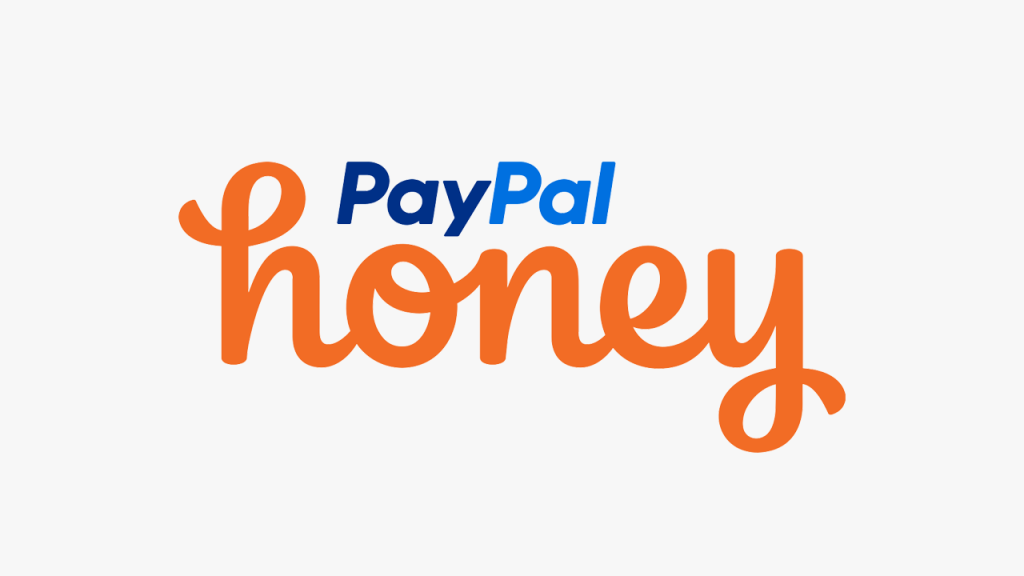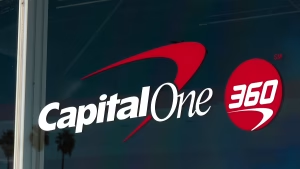PayPal Honey Sued in Class-Action Over Alleged Affiliate Link Manipulation.
PayPal Honey, a complimentary browser extension that collects and applies coupons for online shoppers, is facing a class-action lawsuit from content creators who claim it has been manipulating affiliate links. As reported by Dexerto, attorney Devin Stone, known for his LegalEagle YouTube channel with nearly 3.5 million subscribers, has initiated the lawsuit, which seeks an injunction to stop PayPal Honey’s current business practices.
A representative from PayPal stated that the company contests the claims and intends to defend itself robustly. According to Dexerto, online investigator MegaLag sparked the controversy with a YouTube video released on December 22, where he accused PayPal Honey of substituting creators’ affiliate codes with its own. This allowed PayPal Honey to claim credit for purchases and retain the affiliate fees that should have gone to the original creators.
Latest: Shipping Giants Face Landmark Cartel Class Action Overcharging UK Motorists
MegaLag further alleged that PayPal Honey collaborated with companies to dictate which coupons users could see, potentially preventing them from accessing the best available deals. Content creators and influencers often share products and services with their audiences, earning commissions through affiliate programs that track the links they provide to credit purchases made through them. Consequently, creators receive a fee for facilitating those sales. LegalEagle noted that if these allegations hold true, it suggests that PayPal Honey is unjustly taking credit for the promotional efforts of creators that lead to purchases from their followers.
“Think about how insidious this all was,” Stone said in a YouTube video detailing the case. “Honey spent tens of millions of dollars, maybe even hundreds of millions of dollars, sponsoring some of the most beloved and successful creators on the planet. Honey allegedly seeded those audiences with their extension. And that extension probably stayed on their audience’s browsers like a sleeping leech, waiting for the viewer to conduct a transaction.”
He continued, “Forever after, the creator’s future sponsorships and future affiliate relationships and advertisements were devalued now that the creator’s audience was infected. The exact people who would be most likely to listen to the recommendations of that creator—which, by the way, is the reason why it’s so important to vet their sponsors and make sure they believe in the products—were now likely to be sniped.”
Latest: Prosecutors Seek 15-Year Sentence for Menendez’s Bribery Case
The PayPal Honey class-action lawsuit highlights significant concerns over affiliate link manipulation, with creators alleging unfair practices that undermine their commissions. If proven true, these actions could impact Honey’s business operations and damage its relationships with content creators. The outcome may set important precedents for digital marketing ethics.




















